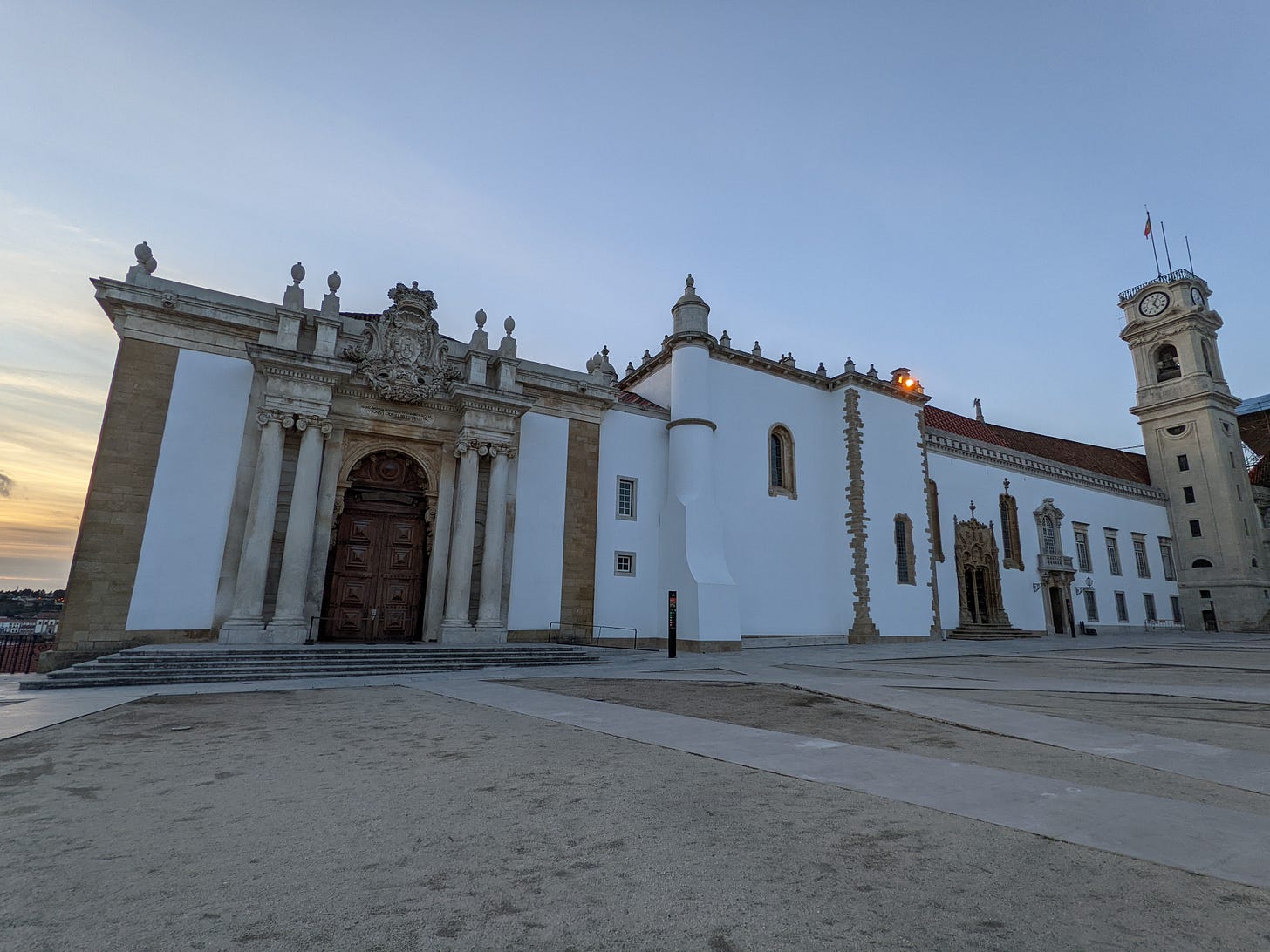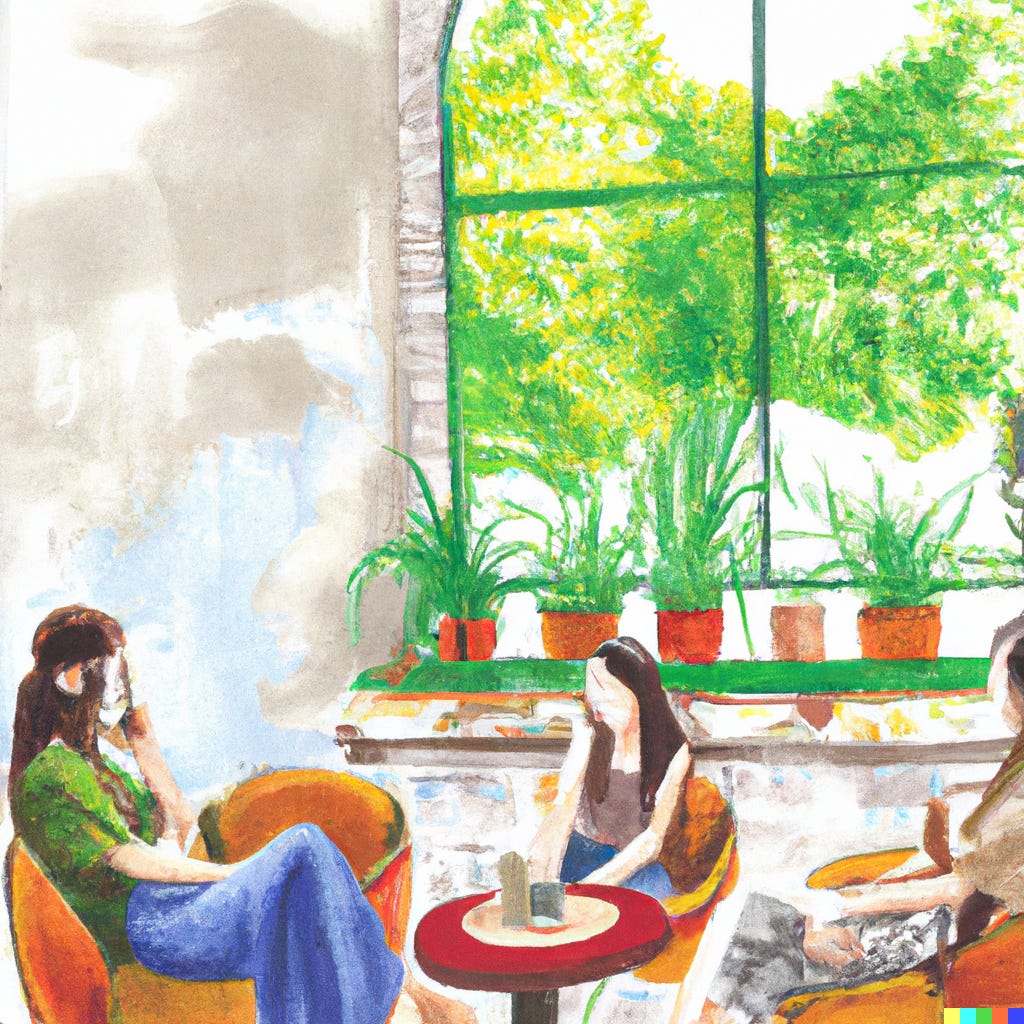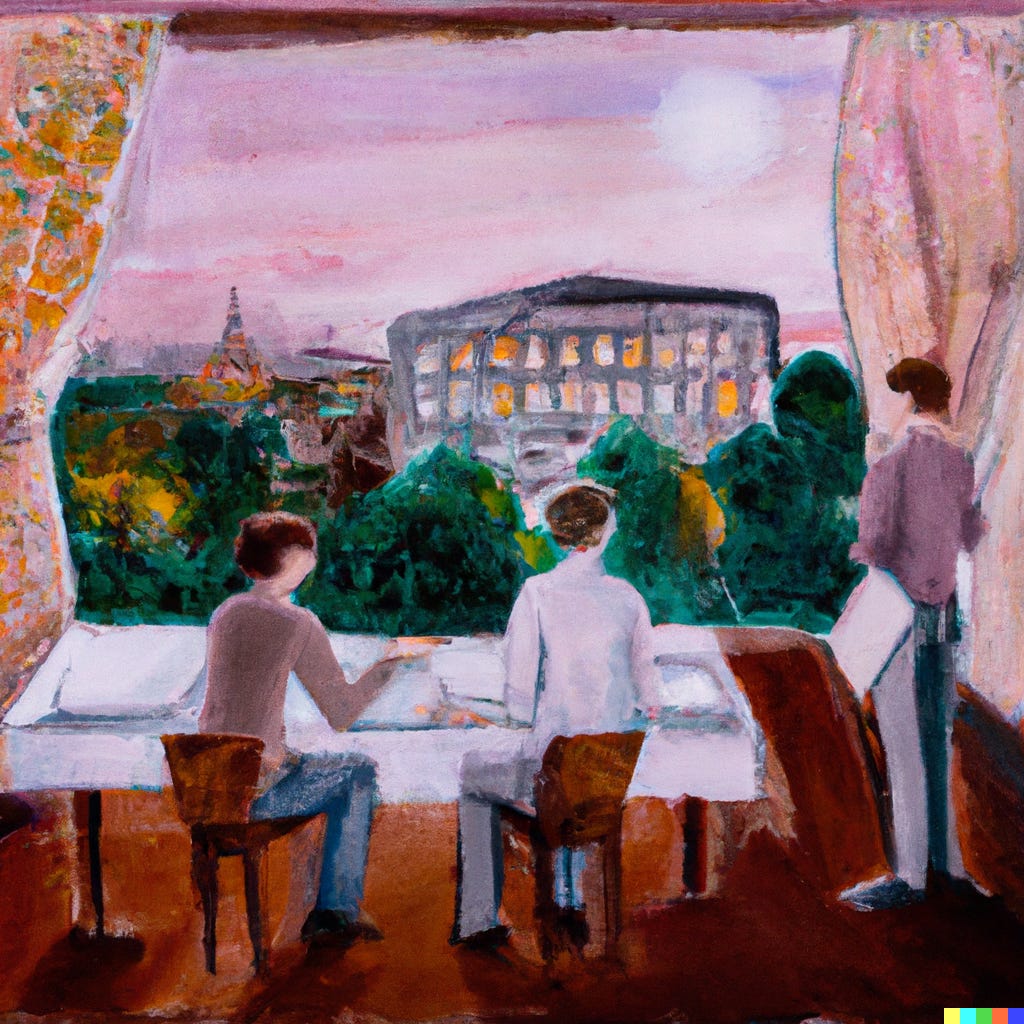Unbundling Higher Education
What if you could forego university and find a meaningful job?
The problem
Imagine you’re a 17-year old highschooler about to finish 12th grade (or tercero de prepa in Mexico or terminale in France) and you have to choose what to do with your life.
In all your long years at school you’ve been taught about the history of medieval England and how to calculate the mass of a ping pong, and how to dissect a frog, but you didn’t learn about your interests and the job market and what careers look like. You still don’t know that you like, or what you’re good at and you’ve no idea how to make a living out of any skill.
Yet, your parents, peers and school administrators all want you to choose before the year ends. You’ll eventually find out what you like, they tell you. Just pick a place and everything will be fine.
What if instead of prolonging the question of what to do with your life, you could tackle it head-on in a less risky way?
Instead of spending tens of thousands of dollars (or hundreds of thousands if you’re in the US) for a four-year, all-consuming experience where you can’t work, why not mix and match from a lot of different sources and build your career with more intention?
For me, the decoupling (and the future) of higher education is about regaining agency. What you want to pursue and how you want to pursue it.
The unbundling of education
So, imagine you’re that highschooler we talked about. And you decide you won’t attend university. You’ll figure out what you want to do with your life in a different way, through alternative institutions and experiences.
These institutions might or might not exist in the way I describe them, but they should.
1. The vocational school
You start with the clear idea that you don’t know who you are nor what you want. It’ll be a lifelong process to unearth that evidently, but why not start by tapping into your deep-seated wants and vulnerabilities.
You enroll on a two-month program at a vocational school that ends with a 5-day retreat in the countryside. It’s a place where people from all ages attend to get rid of their limiting stories and find out what makes them tick.
You meet a 48-year old woman who works in sales at a tech company but wants to change careers. You meet a 30-year old programmer who wants to improve his social skills to become a manager. You meet tons of teenagers who are in the same boat as you.
During the retreat, you wake up and have long walks, you journal constantly and you have regular fire-pit conversations with the other attendants.
Through hard days of introspection and sharing, you get rid of the idea of being a lawyer, it was what your mom wanted for you, but you have no interest in law. It was hard to accept but it opened up so many opportunities.
You map out what your favorite activities and discuss with other people what a perfect day could look like. After a couple of insightful sessions, you accept your love for fashion and design.
That’s something to start with.
2. The apprenticeship
Ok so a couple of months go by. You’ve crafted a plan for a career that interests you, but you need to experience it in real life.
It’s clear you want to learn more about the fashion world, so you choose a vocational school that pairs you with a fashion company. It’s a one-year program where you’ll shadow people at different positions for a couple of months and then commit to a track.
You meet Susan, a 50-year old veteran who inspires you to get more into the behind-the-scenes of the fashion industry: manufacturing, logistics, etc.
You get really into the manufacturing process and are able to travel to Vietnam to experience first-hand what goes on in a huge factory. This feels right. You’re excited to go to work every day and you have tons of notebooks filled with notes and ideas.
3. The community-centered third space
Throughout this process you don’t want to miss out on community. Most of your friends are gone, so you want to meet other cool, like-minded people.
You decide to become a member of a local third space (mix of a coffee shop, cozy living room and classroom) where you can go most days to read and talk to other people. It offers lectures and events where you can explore other interests like the work of Lao Tzu and Baroque architecture. You make some good friends there.
After going regularly you meet the owner and tell him about your work at the fashion company. You both decide to invite Susan and have her give a talk about sustainability in fashion. It’s a full house.
4. The career
You finish your apprenticeship and the company offers you a permanent job working on manufacturing. You relocate to Ho Chi Minh and start a long, fruitful career making manufacturing more sustainable. You’re no longer a teen, you get into your twenties and then into your early thirties. You move to Paris where you meet your current partner. You have three beautiful children, adopt a cat, buy overpriced flowers every week. Life is good.
5. The bootcamp for shipping an idea
While making your company’s manufacturing processes more sustainable, you realize there’s a huge lack of transparency in the fashion industry. The company you work at has invested so much time and resources to become more sustainable and pay fair wages, but they get lumped with the same mega polluters and workshop-exploiting companies. That’s a big, risky opportunity that you want to explore further.
You decide to enroll on a one-month bootcamp for entrepreneurs. You’re guided by experts in marketing, tech, legal and business development in order to make your nascent idea a reality.
You meet a peer who worked in interior design and decide to join forces and create a new sustainable home decor label with a fully transparent supply chain.
It’s a hit.
6. The planning of the next career
You’re in your fifties now, your children are all grown up and you’ve worked in the fashion and design industries for the past thirty years. You love your work but you want to explore other interests.
You’ve always loved to write, but find it difficult to commit to it. Your spouse gifts you a place at a six-week online writing school that ends with a two-week sprint in Rome.
You attend and get sucked into the rabbit hole of writing online. You meet people from all over the world who become good friends and colleagues. You write about your other passions like hospitality and traveling.
You grow your newsletter enough to start collaborating with other likeminded writers and you eventually found an online magazine with a 27-year-old ex-hotelier from Shanghai.
You’re well into your fifties but just feel you’re getting started. Again.
From an expected direction to a myriad of personal paths
I envision an aggregation of schools/courses/bootcamps for different needs instead of a one-size-fits-all approach.
That way, instead of a big, bloated educational system, we end up personalizing our educational experience with exactly what we find interesting and valuable.
This is important at an economic level as universities are a huge cost to the state. The government could fund shorter-term, shorter-risk educational experiences and focus less on universities with tens of thousands of students, hundreds of professor and thousands of administrators.
And in the US, student loans are a huge issue. Why are we OK with 17-year-olds going into +100K debt? It is a huge financial burden that reduces mobility, experimentation and actually exacerbates inequality.
It’s important at a skill level. Traditional schooling rarely teaches students how to learn on their own, and this is a huge skill to master in this era rapidly transformed by AI and automation. Autodidacts are much better equipped to handle rapid change.
Another important component rarely taught in schools is socio-emotional skills. Being in touch with your feelings, knowing how to control them, being responsible for your actions, all these are invaluable skills when embarking on a job where you’ll constantly need to collaborate with other people.
And, for me, the decoupling of education is most important at a personal level. Like I said, we need to regain our agency. We need to understand that we’re the owners of our lives and our careers. We can and should do what we want, pursue what we find interesting, and work hard to create a career that works for us.
These are just a few examples I envision, but I can’t wait to see more, wildly different, learning experiences pop up.









It's a nice idea but the reality is that college has so much momentum that it won't be until at least 1 if not multiple generations experience real economic harms from college (ala coders now: college is useless and harmful). Even then the brainwashing of public education and the pyramid scheme of PhD research will still exist.